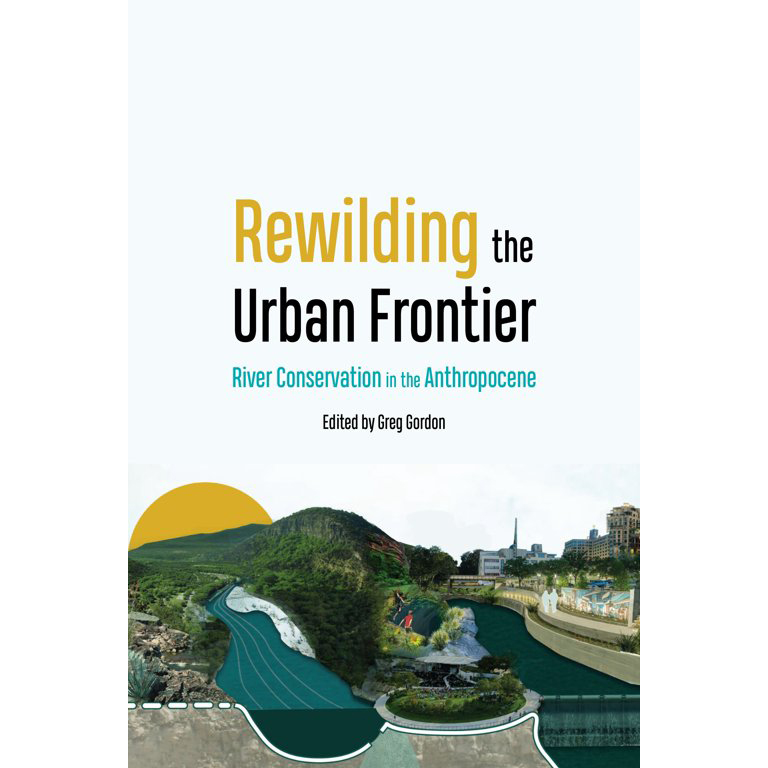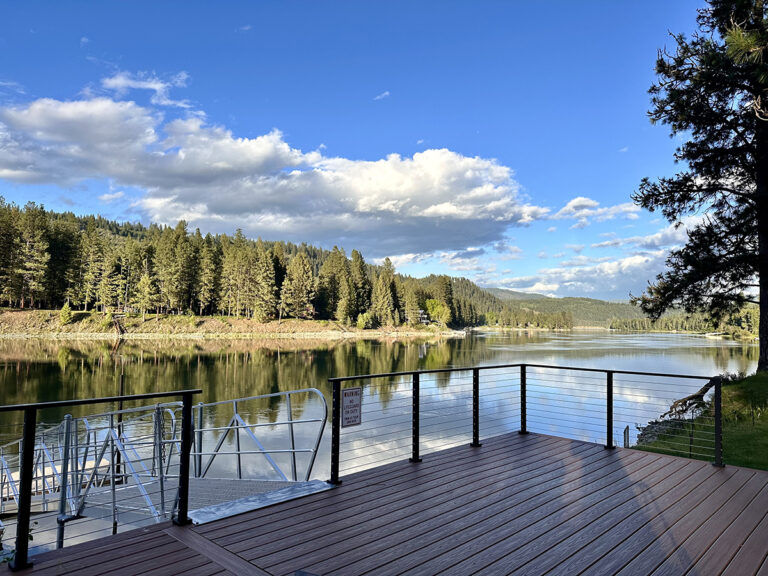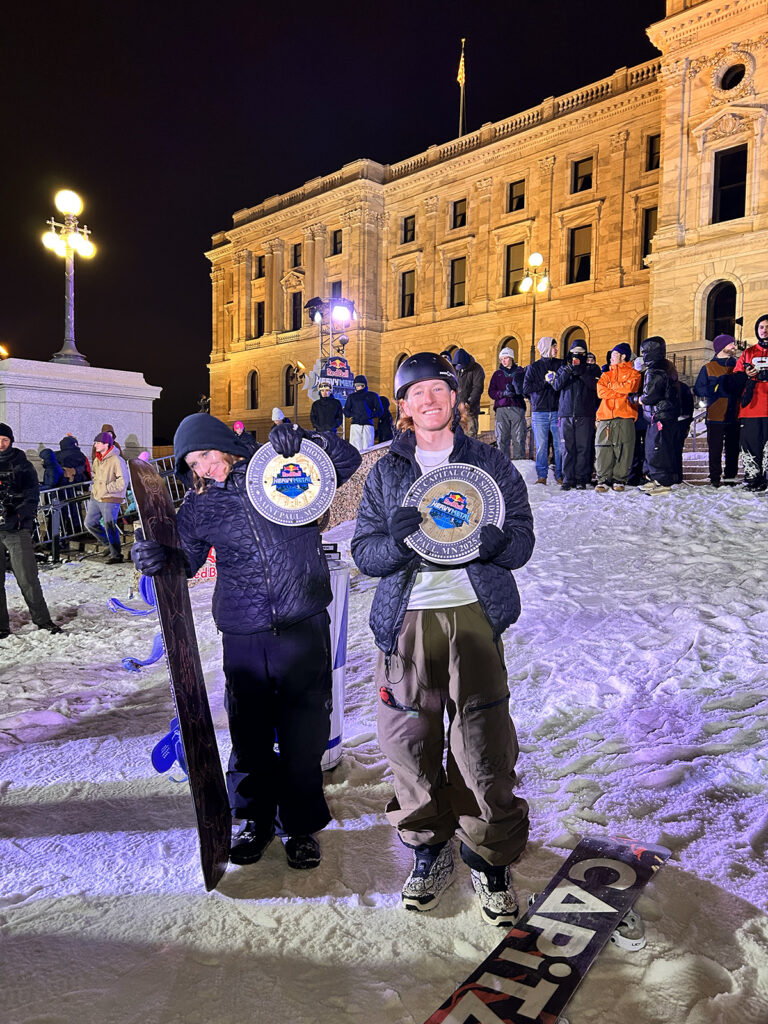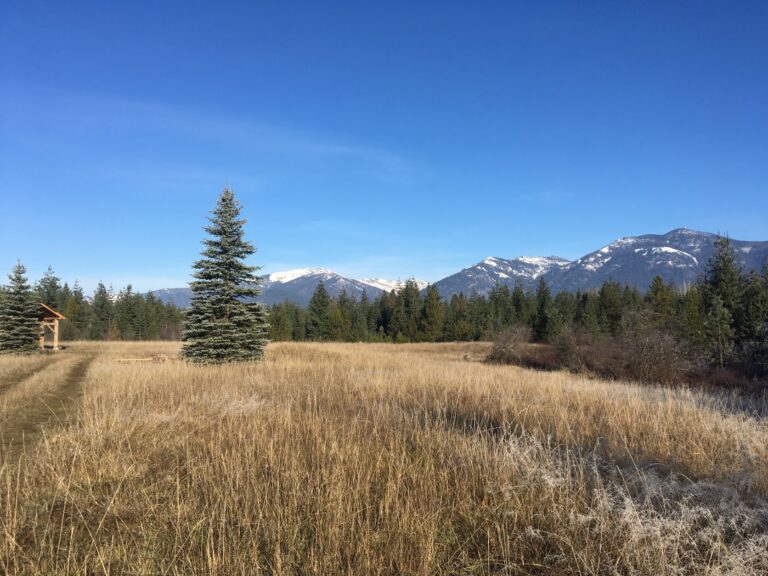(Nonfiction, 2024)
“Rewilding the Urban Frontier,” an anthology edited by Gonzaga University’s professor of environmental studies, Greg Gordon, focuses on urban rivers across the United States. Taken as a whole, the essays convey the common history these rivers share: river as human gathering place and community center since time immemorial, rivers as the industrial era’s means of commerce and convenient toxic dumping ground, and the very recent realization that rivers have inherent value. Rivers are being restored to the extent that is possible, but the work presents new challenges: from difficult-to-address toxic waste, to reimagining and redefining a thriving- if-not-quite-natural ecosystem, to facing unintended consequences like gentrification of nearby neighborhoods.

The book is arranged in four sections and covers a total of 13 rivers, including the Spokane River, Boise River, and Deschutes River. I most closely identified with the stories of these rivers since I’m most familiar with their nearby towns, but the history and themes of each of the rivers from across the country was fascinating. I was surprised by the unknown-to-me history of the Spokane River near Gonzaga University. I can long remember passing by the pond on Gonzaga’s campus, but only through this book learned that it was originally a mill pond, now named Lake Arthur, and is considered the only wetland on the Spokane River that’s located within Spokane’s city limits.
While I enjoyed learning something new about my backyard river, I also appreciated the essays about each of the widespread rivers, and in particular the personal essays highlighting how individuals can have a close connection to wild spaces. For anyone who worries about human impacts to and relationship with the natural world, especially within our nation’s cities, this is an excellent thought-provoking book.













